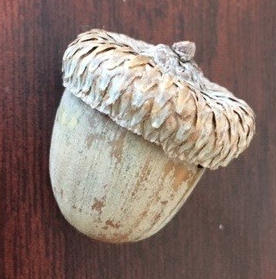I experienced a major life distraction between the previous post and this, but here we go.
On my retreat I had been reading Estelle Frankel’s The Wisdom of Not Knowing, and mentioned some things I learned from her. In turn, she cited others from whom she had learned. Two examples:
“If you think that you know God, you know very little; all that you can know are ideas and images of God. I do not know God, nor can I say that I don’t know It. If you understand the meaning of “I neither know nor don’t know,” you understand God.
“Those who realize that God cannot be known, truly know; those that claim they know, know nothing. The ignorant think that God can be grasped by the mind; the wise know It beyond knowledge.”
from The Ten Principal Upanishads, tr. by Shree Purohit Swami and W. B. Yeats
“It is not possible, except through negation, to achieve even that (limited) apprehension of God which it is in our power to achieve. . . . God cannot be apprehended by the human intellect, and non but He himself can apprehend what He is, and our knowledge (of him) consists in our knowledge that we are unable truly to apprehend Him.
from Maimonides, Guide to the Perplexed, tr. Shlomo Pines
Silence surrounds us beyond all music, conversation, clamor, or thought.
Knowledge comes not from knowing, but from listening and receiving wisdom.
In my mind, the Great Silence contains God’s Love. Except that God’s Love is not contained but extends infinitely far and immanently near.
How do you imagine God?

 Acorn?
Acorn?